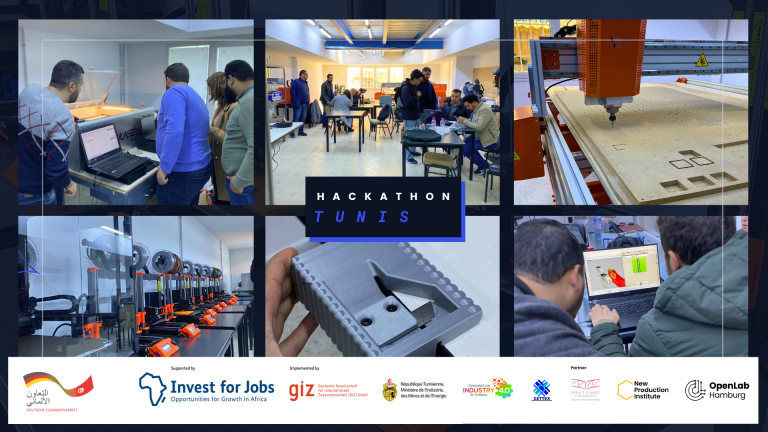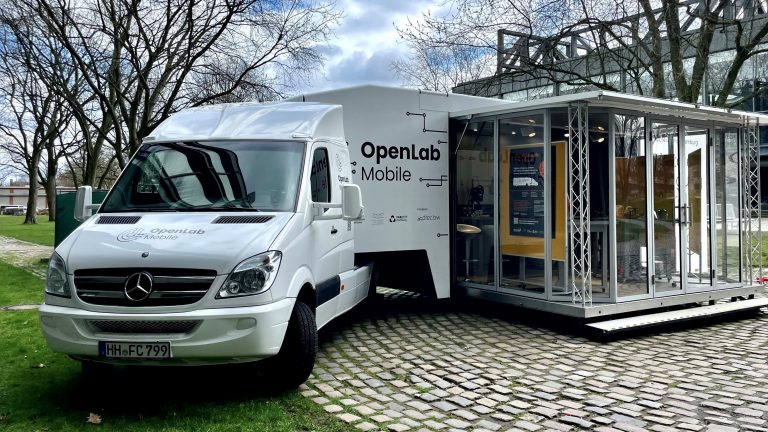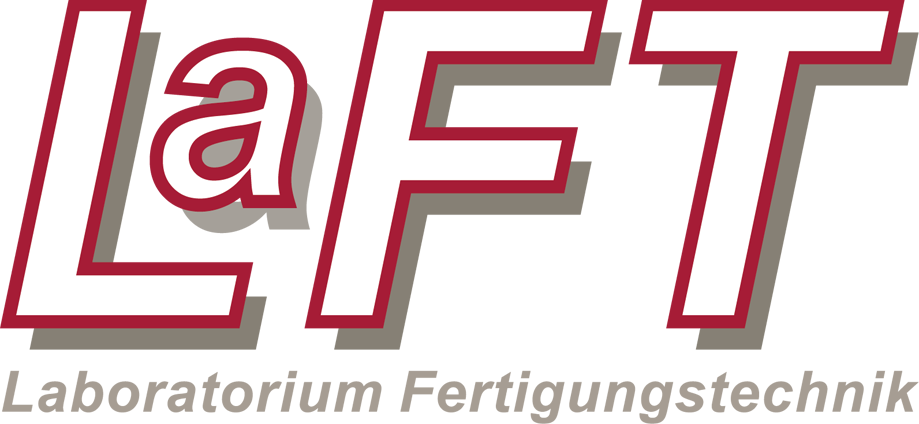Digital sovereignty through open source and makerspaces
How digital skills, open source hardware and makerspaces strengthen innovation potential in the Global South – insights from the panel with Anna Sophie Herken, Debora Maboya, Manuel Moritz and Katie Gallus
The theme of re:publica 2025 was digital transformation, participation and global justice. One of the most packed panels was the discussion “Makers, Movers and Digital Innovators – How Digital Skills Empower Africa to Drive Global Transformation”, in which Anna Sophie Herken (GIZ), Debora Maboya (Maker & Activist), Manuel Moritz (Expert Digital Skills, GIZ, New Production Institute) and moderator Katie Gallus, among others, provided insights from practice, development cooperation and research.
The event was organized by the Deutsche Gesellschaft für Internationale Zusammenarbeit GmbH (GIZ) with the support of Ronja Hölzer and her team.
Panel discussion with
Manuel Moritz
How digital skills are empowering Africa to drive global transformation.
Digital skills as a key infrastructure for social change
The panel focused on the question of how digital skills can contribute not only to professional qualifications, but also to structural empowerment. Manuel Moritz, who works at the interface between education and innovation at GIZ, emphasized:
“Digital literacy is not just an educational goal – it is a tool for structural self-determination, economic participation and democratic co-determination.”
This perspective is in line with current research findings, which show that digital skills contribute significantly to innovation dynamics, particularly in African countries – provided that access is systematically promoted.
Makerspaces as spaces for innovation and self-efficacy
Debora Maboya used concrete experiences from local makerspaces to illustrate how technological education can be experienced in a very practical way – through repair projects, building your own sensors or developing sustainable hardware solutions for the local context.
Makerspaces enable:
- Learning through practice: young people build, test and improve real products
- Community building: knowledge is shared and passed on across generations
- Technological self-empowerment: instead of consumers, active developers
These open spaces are exemplary of a paradigm shift in education policy: away from frontal knowledge transfer and towards experimental, self-organized and interdisciplinary skills development.
Open source hardware: democratization through openness
The strategic importance of open source hardware was also emphasized in the discussion. In contrast to proprietary systems, open designs allow for broad adaptation and further development, particularly in resource-limited regions.
Anna Sophie Herken pointed out that such technologies must become an integral part of development cooperation – not as an add-on, but as a basic infrastructure that strengthens local innovation ecosystems.
Gender equality and inclusion
A recurring theme was the targeted promotion of girls and women in technical fields of education. Debora Maboya spoke openly about gender-specific barriers – from a lack of representation to culturally shaped role expectations – and emphasized:
“Technology needs diversity. Only then can solutions be created that work for everyone.”
According to GIZ, programs that focus on female participation have positive effects on the entire innovation environment – a finding that should be more strongly integrated into institutional funding logics.
International cooperation: partnerships at eye level
Manuel Moritz emphasized that development cooperation should no longer focus purely on technology transfer, but on co-creation, knowledge transfer and structural dialogue. Successful examples include joint maker training programs, digital education platforms and the promotion of regional FabLabs in sub-Saharan Africa.
GIZ sees itself not only as a promotional institution, but also as a facilitator and platform for collaborative innovation.
Recommendations for research, politics and development actors
Objective | Concrete measures |
|---|---|
Systematically promoting basic digital education | Integrating makerspaces at schools, vocational colleges and universities |
Creating inclusive innovation structures | Gender-focused support programs, peer mentoring and role models |
Establishing open source culture | Funding lines for open hardware initiatives and community labs |
Strengthening international cooperation formats | South-North partnerships between universities, tech centers & NGOs |
Outlook
The panel impressively demonstrated how technological education, open infrastructures and international cooperation work together to promote global resilience. Makerspaces and open source hardware are no longer niche phenomena – but strategic elements of an inclusive, sustainable and sovereign digital policy.
Research institutes have a responsibility to provide analytical support for these developments, to translate them into impact measurement – and to play an active role in shaping them themselves.







